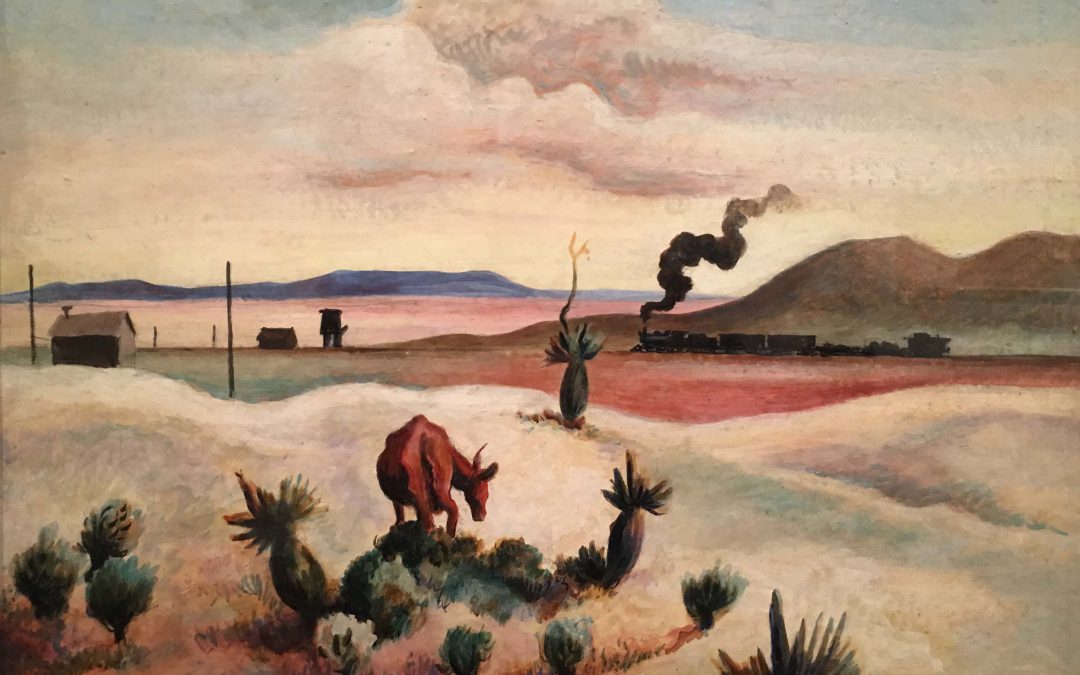
Call for Papers – Cultural Performance in Transnational American Studies 🗓
Call for Papers
Cultural Performance in Transnational American Studies
Closing Conference of the DFG-funded research network “Cultural Performance in Transnational American Studies” (DFG # BA 3567/4-1)
June 21-23, 2018, Obama Institute for Transnational American Studies, Johannes Gutenberg-University Mainz
Conference organizers: Dr. Pia Wiegmink (Obama Institute) and Dr. Birgit M. Bauridl (U Regensburg)
The closing conference of this research network aims at scrutinizing the benefits and limitations of a deeper and more reflective integration of a Performance Studies approach into (transnational) American Studies. It intends to investigate how, which, and with what outcome issues that, in the wake of the transnational turn, have become central to the American Studies agenda can be addressed more adequately by the study of ‘cultural performances.’ We invite papers that zoom in on the idea of culture as a corporeal, communal, and dynamic event rather than a stable textual product and that position the local particularities of cultural performance vis-à-vis the dynamics of global mobility.
Potential paper topics could address, but are not limited to the following questions:
- What is the role and impact of ‘cultural performances’ such as daily rituals, festive occasions, or theatrical events in transnational contact zones, i.e., sites in which cultures meet, grapple with each other?
- How can cultural performances in contact zones become expressions and negotiations of processes of transnational cultural entanglement?
- How can cultural performance act as a platform in which diverse and possibly competing (national) identities and cultural belongings are negotiated and experienced by a community?
- How can ‘cultural performance’ serve as a methodological perspective and thus help understand questions posed by transnational American Studies? I.e. how can ‘cultural performance’ be possibly used as a tool for the analysis of both contemporary transnational processes and historical forms of global mobility and what are its methodological challenges, solutions, and limitations?
- (How) Does the corporeality, physicality, presence, interaction, and communal character of cultural performance enhance, complicate, or change our perspective on transnational contact zones ranging from immediate local encounters to supposedly immaterial and anonymous global processes and digital environments?
- How does the study of cultural performance complement and possibly expand prevalent (transnational) American Studies discourses on, for example, affect, corporeality, memory, public (vs. private) space, dissent and cultural resistance, cosmopolitanism, urbanity (vs. rurality), environment and ecology, cultural imperialism, neoliberalism, diasporic identities, social media, tourism, sonic cultures, food cultures, etc.?
Confirmed keynote speakers are Denise Uyehara (performance artist) and Prof. Dr. Werner Sollors (Harvard). Active members of the research network will present on and discuss the topic together with further confirmed speakers Prof. Dr. Ben Chappell (University of Kansas), Prof. Dr. Celeste-Marie Bernier (University of Edinburgh).
Please send your short abstract (<300 words) and a short CV (300 words) including your email, address, and affiliation to Birgit M. Bauridl and Pia Wiegmink at culturalperformancenetwork@gmail.com by March 1, 2018.


